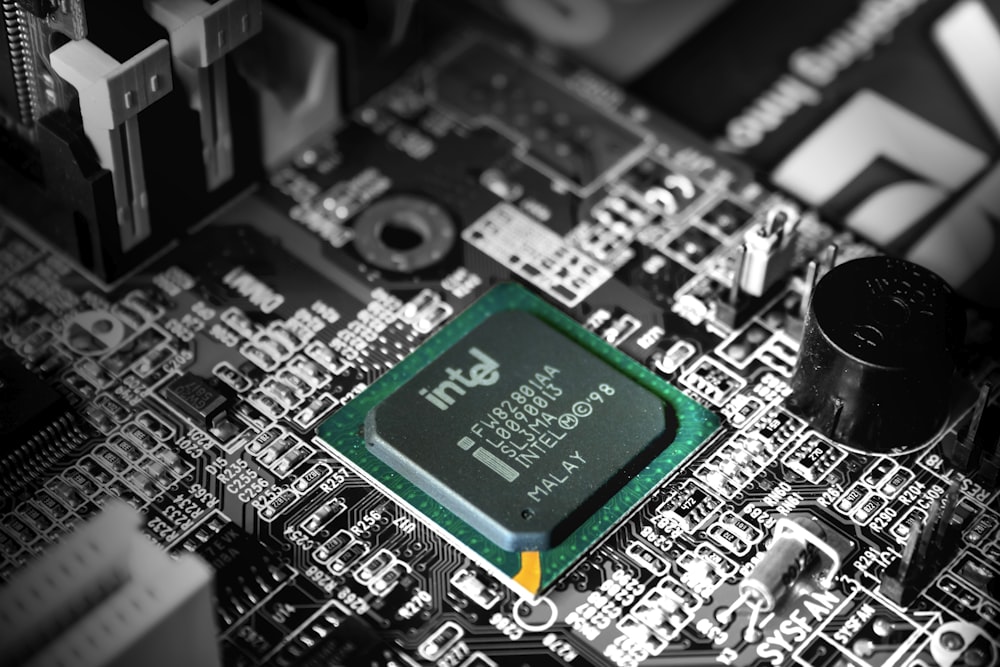Intel Wants Higher Subsidies For €17B Chip Plant In Germany
Germany wants Intel Corp to move ahead with its plans for a €17 billion chip plant in exchange for nearly €7 billion in subsidies, the Financial Times reported, citing people aware of the development. However, the chipmaker is asking for more subsidies.
The chip maker is expected to receive about €6.8 billion in subsidies from the German Government. Reportedly, Intel wants another €4 billion to €5 billion in subsidies to advance with the historic plant.
The chipmaker reportedly wants additional benefits due to higher construction and energy costs. Intel’s manufacturing plant will likely be constructed in the eastern city of Magdeburg. If the investment is made, it will be the country’s biggest foreign direct investment since the Second World War.
The plant’s construction has already been delayed due to economic headwinds and disagreement over the total subsidy the German Government will allow.
Intel has announced its plans to go ahead with the plant, leading to 7,000 construction jobs and 3,000 permanent high-tech jobs. According to the company, thousands of other direct and indirect work opportunities will also be created. However, the plant’s construction will depend on subsidy approvals from German Authorities and the European Union. The construction is expected to begin in the second half of 2023 and will be completed in 2027.
A game changer for Europe?
Semiconductors are critical for all kinds of devices, and a European factory can tremendously help the continent with lesser logistical times and costs. It may also be an excellent opportunity for the EU to benefit from the ongoing high-tech chips-related ban on China from the Biden Administration.
Pat Gelsinger, CEO of Intel, believes it is a massive opportunity for his company and the EU to boost the industry in the continent. Gelsinger believes that Europe will receive an advantage in the R&D sector.
Our planned investments are a major step both for Intel and for Europe. The EU Chips Act will empower private companies and governments to work together to advance Europe’s position in the semiconductor sector drastically. This broad initiative will boost Europe’s R&D innovation and bring leading-edge manufacturing to the region for the benefit of our customers and partners around the world. We are committed to playing an essential role in shaping Europe’s digital future for decades to come,” Gelsinger said.
If the planned plant goes ahead in Germany, the country should further establish itself as a regional center for innovation. The quick and cheap availability of critical components like microchips can add immeasurable advantages to the industry.
More By This Author:
JPMorgan Scaling Down Metals Business
This Industry Could Touch One Million Sales In The US For The First Time In 2023
McDonald’s Temporarily Closes US Offices As It Readies Layoffs
Disclaimer: All the information in this article - is published in good faith and for general information purpose only. Hashtag Investing does not make any warranties about the completeness, ...
more




As opposed to China Taiwan Korea Freeloader AMD with no manufacturing gets the chips without doing the work for chips.
Jeff Bezos, Jack Ma could you send me chips I ordered ASAP I have revenues I have to report for next Quarter to make me look I am a great company that actually does work. $INTC $AMD